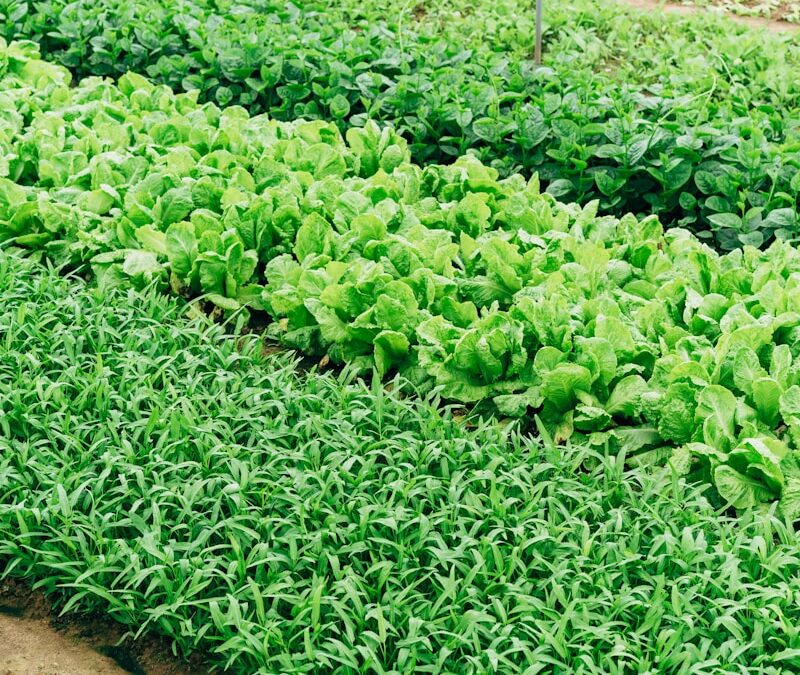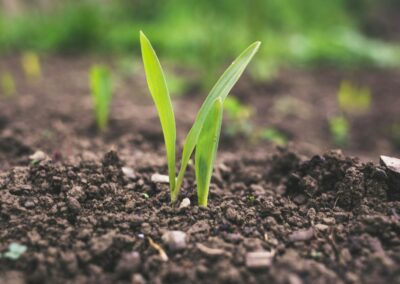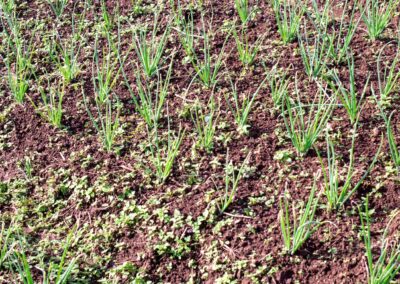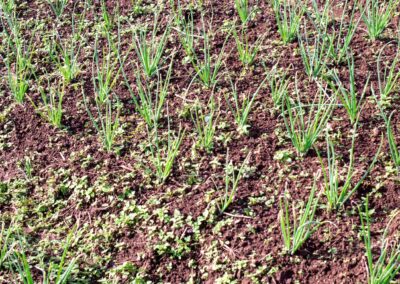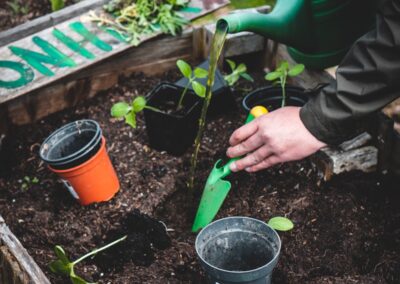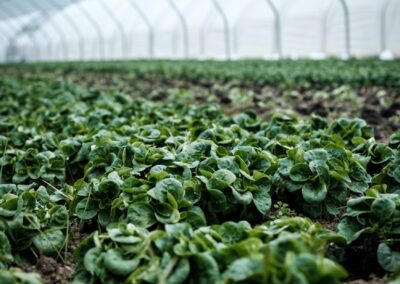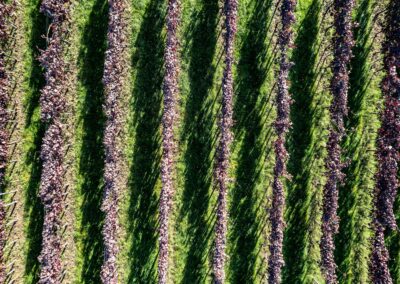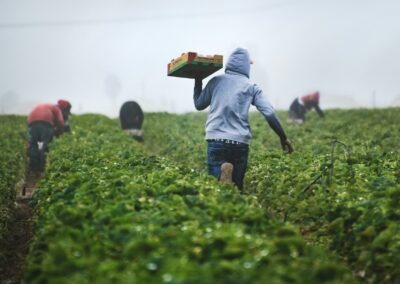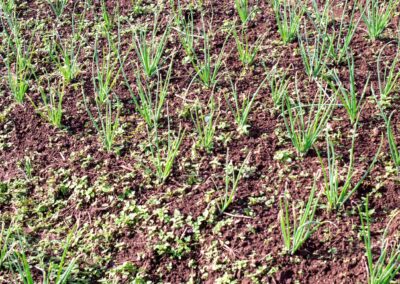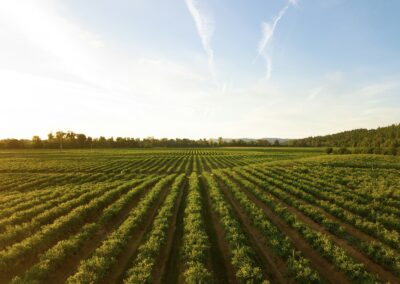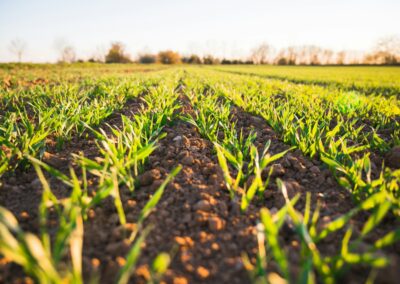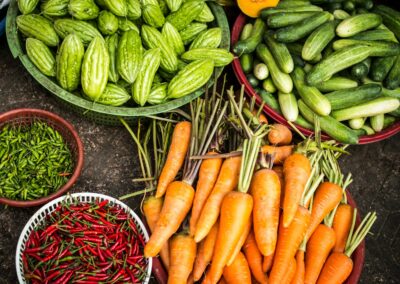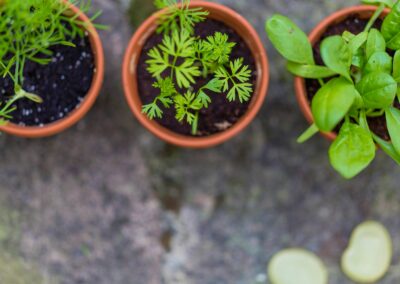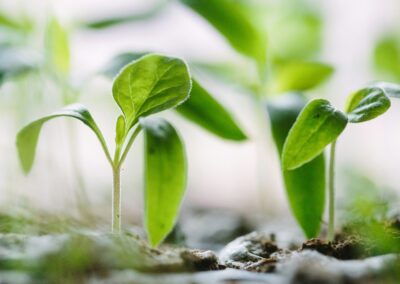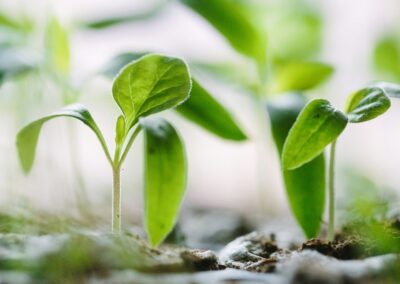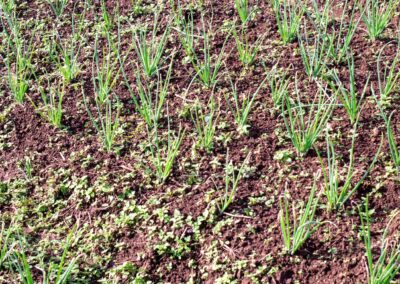Enhancing Agricultural Sustainability through Advanced Monitoring Techniques
The Importance of Soil Health Monitoring in Agricultural Sustainability
Soil health monitoring plays a pivotal role in fostering resilient farming systems, particularly in regions like Saudi Arabia and the UAE, where arable land and water resources are limited. By employing cutting-edge technologies such as soil moisture sensors and remote sensing imagery, farmers can gather real-time data on soil health indicators. This information enables them to make informed decisions regarding irrigation, fertilization, and crop selection, thereby enhancing soil resilience. In cities such as Riyadh and Dubai, where sustainable agriculture is crucial for food security and economic stability, the adoption of soil health monitoring practices ensures that farming systems can withstand climate change and extreme weather conditions.
Implementing Practices to Improve Soil Resilience
To develop resilient farming systems, it is essential to implement practices that improve soil health and sustainability. Soil health monitoring tools provide farmers with insights into soil structure, nutrient levels, and moisture content. With this data, farmers can adjust their agricultural practices to optimize soil conditions and mitigate the impact of climate variability. For instance, precision irrigation based on soil moisture data helps conserve water resources while maintaining crop productivity. Moreover, practices such as cover cropping and no-till farming contribute to soil organic matter accumulation and erosion prevention, further enhancing soil resilience over time.
Economic and Environmental Benefits of Soil Health Monitoring
The adoption of soil health monitoring technologies not only benefits agricultural productivity but also promotes economic and environmental sustainability. By improving soil fertility and structure, farmers can achieve higher crop yields and reduce input costs associated with fertilizers and irrigation. This economic efficiency is complemented by environmental benefits such as reduced greenhouse gas emissions and improved water quality. In Saudi Arabia and the UAE, where sustainable development goals are a priority, investing in soil health monitoring contributes to achieving national targets for food security and environmental stewardship.
Technological Advancements and Future Perspectives
Artificial Intelligence (AI) and Blockchain technology are revolutionizing soil health monitoring by enhancing data analysis, decision-making, and traceability in agricultural practices. AI algorithms can process large volumes of soil health data to predict trends and recommend optimal management strategies. This capability is invaluable for farmers in Riyadh and Dubai, allowing them to respond proactively to soil health challenges and climatic variations. Blockchain technology ensures transparency and accountability in the agricultural supply chain by securely recording soil health data, from production to distribution. These technological advancements support the development of resilient farming systems capable of adapting to dynamic environmental conditions.
Integration of Generative AI and The Metaverse
The integration of Generative AI and The Metaverse offers exciting possibilities for the future of soil health monitoring. Generative AI algorithms can simulate soil health scenarios based on historical data, providing farmers with predictive insights for proactive decision-making. In virtual environments created by The Metaverse, agricultural stakeholders can collaborate, experiment, and innovate without geographical limitations, accelerating the adoption of sustainable farming practices. In Saudi Arabia and the UAE, where technological innovation drives economic diversification, exploring these frontier technologies in agriculture positions the region as a global leader in sustainable food production.
Leadership and Management Skills for Agricultural Innovation
Successful integration of soil health monitoring technologies requires strong leadership and management skills within the agricultural sector. Executive coaching services play a crucial role in empowering agricultural leaders to embrace technological advancements, navigate change, and foster a culture of innovation. Effective communication and stakeholder engagement are essential for garnering support and ensuring the sustainable adoption of new technologies. Management consulting firms offer expertise in strategic planning, risk management, and performance optimization, enabling agricultural businesses to capitalize on soil health monitoring for long-term success and resilience.
#SoilHealthMonitoring #ResilientFarming #AgriculturalSustainability #AIinAgriculture #Blockchain #TheMetaverse #GenerativeAI #LeadershipSkills #ManagementSkills #ProjectManagement #SaudiArabia #UAE #Riyadh #Dubai #ChangeManagement #ExecutiveCoaching #EffectiveCommunication #ManagementConsulting

